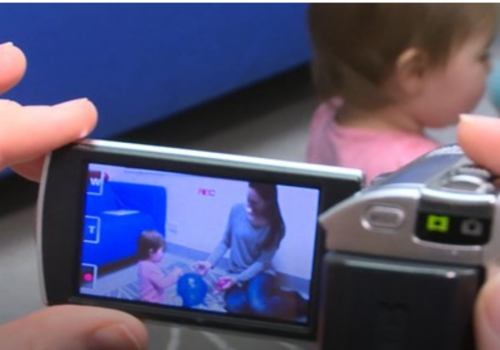
Can autism be stopped once it appears to be started? Yes, according to an Australian study, it may be possible to preempt autism if parents are taught through video feedback how to best engage with their babies.
“We are helping parents fine-tune their parenting to the unique abilities of their baby,” says the study’s lead researcher, Andrew Whitehouse.
The U.S. Centers for Disease Control defines Autism Spectrum Disorder (ASD) as “a developmental disability that can cause significant social, communication and behavioral challenges.”
Autism rates have jumped dramatically in recent years. According to CDC data, 1 in 54 American children are now identified with ASD, while the number in 1975 was 1 in 5,000.
Typically, a child receives an autism diagnosis at about age 3 or 4. Until that time, babies are monitored for changes in behavior and receive usual care.
Researchers at the University of Western Australia wanted to try a different approach: to preempt the condition. Continue reading



